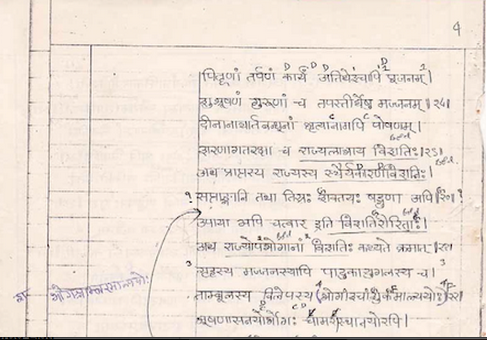Click back to see Part I and Part II of this series. Or you can enjoy this post all on its own!
*****
The translation of the language of things into that of man is not only a translation of the mute into the sonic; it is also the translation of the nameless into name. It is therefore the translation of an imperfect language into a more perfect one, and cannot but add something to it, namely knowledge.
— Walter Benjamin, “On Language as Such and on the Language of Man”
In my previous posts I discussed the dangers of reading Asian encyclopedias by discussing two fictional representations of Asian systems of knowledge. Today, I return to reality by looking at a very real, very dear-to-me Indian encyclopedia, the Mānasollāsa of the 12th century South Indian king Someśvara III. It is the first general accounting of the various forms of scientific knowledge we find in pre-modern India. Topping 8000 verses, it is monumental, true to Aude Doody’s definition: “a grand-scale reference work with retrieval devices.” Because of its massive scope, it has not yet been fully translated into English or any other language (though sections have been translated into Kannada).



